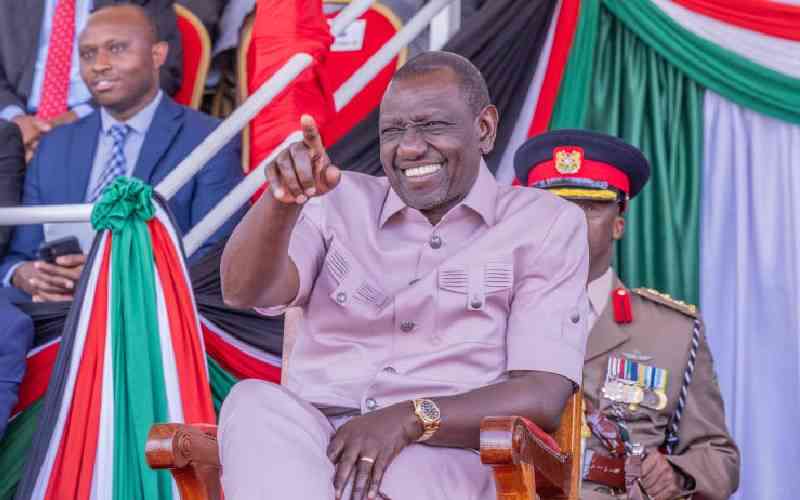×
The Standard e-Paper
Fearless, Trusted News

One of the distinctive characteristics of former President Uhuru Kenyatta's administration was a choreography of national addresses that were obviously out of touch with the lived reality for ordinary folks.
This column analysed almost all the national addresses of the now retired president since 2019. The consequences of this disconnect in a large part endeared hustlers to the Kenya Kwanza clarion call of 'freedom is coming'. Azimio presidential candidate Raila Odinga paid the ultimate price in last year's poll.